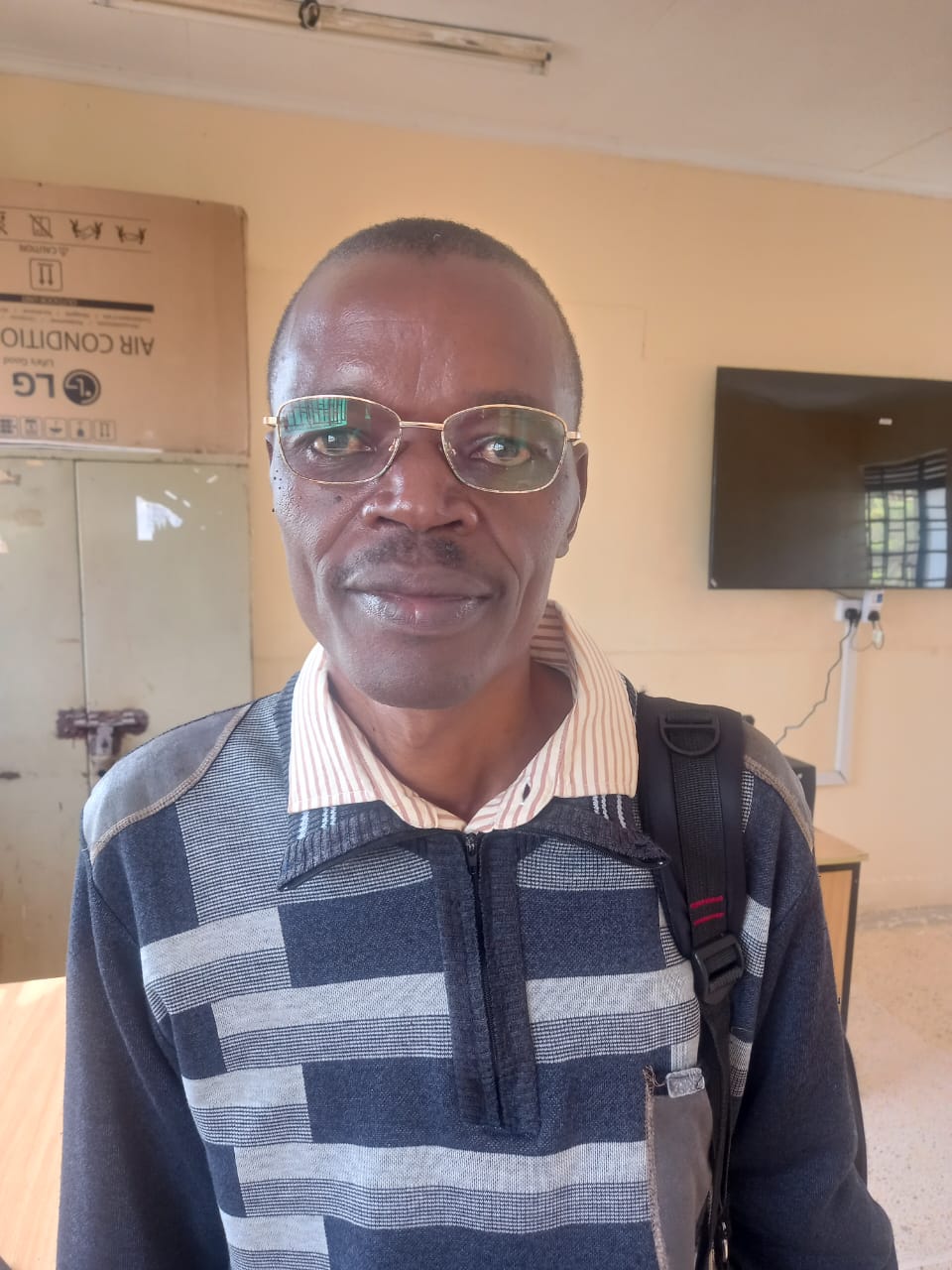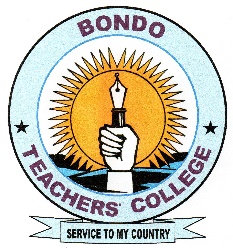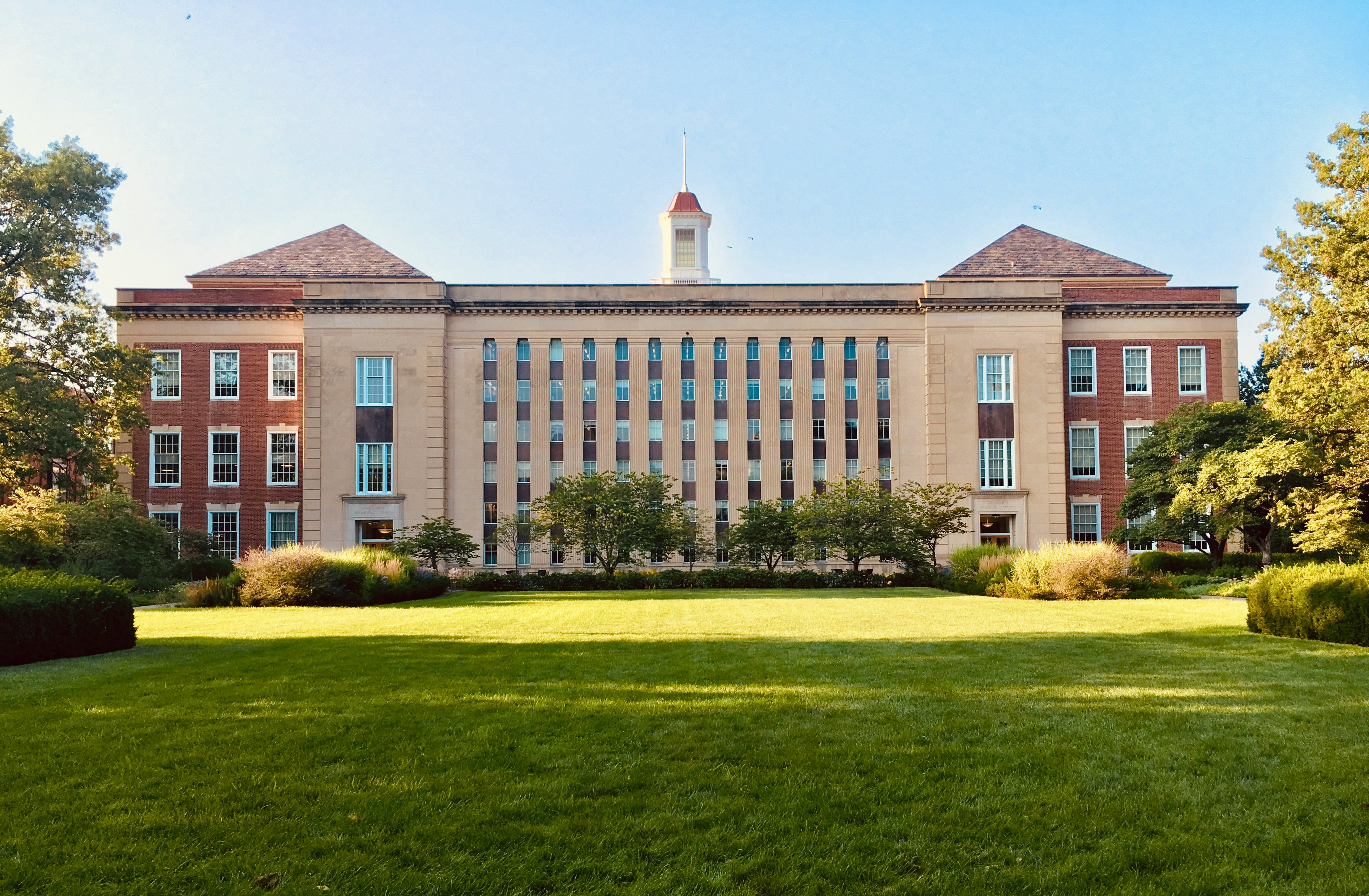Overview
Bondo Teachers
College was established in 1991. Upon its inception it was domiciled at
Nyakasumbi within Bondo town, Maranda division of Bondo Sub county ,Siaya
county. In that year it admitted its first lot of students in certificate
course in primary teacher education (PTE), who eventually graduated as P1 in
1993. Following the need and expansion of University education in Kenya,Bondo
Teachers College became a constituent of Maseno University just like several
other institutions of Primary teachers training colleges in Kenya. Consequently
in 2009,Jaramogi Oginga Odinga University of Science and Technology (JOOUST)
took over the facility that was Bondo Teachers Training at Nyakasumbi to become
a fully-fledged chartered University.
Proceeding from the above events, a new
site for the Teachers training college was identified at Bar Kanyango in Usigu
Division, Bondo sub County , Siaya county where the primary teacher college
relocated to in 2010. The current Bondo Diploma Teachers Training College was
therefore incepted in 2010, however it was still offering training in P1
certificate. Two years (2012) after inception, the first cohort of 202
graduands were released into the teaching force labor market with a P1
certificate. The above number grew steadily to 213(2013), 341(2014), 348(2015),
403(2016), a drop in 2017 to 317, 354(2018) respectively. With the need for
education still growing in the country, the college made a step in meeting this
demand and started offering diploma and certificate in early childhood
development (ECDE).
In 2020 the college graduated a total of 251 P1 certificate
graduands, 9 ECDE diploma graduands, 36 ECDE certificate graduands, plus 7
proficiency course teachers some of whom came back to undertake certificate in
ECDE. It is worthy to note that this graduation took place in the backdrop of
the advent of covid -19 that went on to paralyze activities worldwide. The
advent of this pandemic nearly brought activities in the college to a
standstill. Upon resumption of normalcy after the covid-19, the college *
admitted teacher trainees who were P1 graduates but they came in for an upgrade
program in Diploma in Primary Teacher education UDPTE. Another lot came to
upgrade to Diploma in Early Childhood Education UDECTE in 2021. The change in
entry requirement points policy led a big drop in TTC applications leading to
afew students joining college. This scenario changed only after the government
rescinded the earlier directive on cutoff grade marks requirement for admission
into TTC. Upon the lifting of the moratorium on qualification requirements,
there was an upsurge in college admissions with Bondo admitting 607 students to
undertake a diploma course in Primary Teacher Education. Another lot of 28
students are taking diploma in Early Childhood education.
As at now the college
is also anticipating admitting 500 students in September 2024. POSITIVES: In
terms of the positives emanating from the establishment of the college at Bar
Kanyango, some of the highlights are; Economically the college has, Provided
employment opportunity for the residents of the surrounding area in terms of
auxiliary staff e.g. grounds men, kitchen staff etc. Business opportunity for
the mama mbogas as they sell their different merchandise for subsistence. The
local farmers have a market for their kales and cabbages and other fruits and
shamba produce. Entrepreneurs in the real estate business now have tenants from
among the college employees. The Bodaboda riders also cash in while ferrying
people to and from the college. The land on which the college stands was
actually a waterlogged area that was being put to marginal use (cattle grazing)
but can now support diverse utilization that benefits the whole nation.
Of remarkable
mentioning is the fact that despite great challenges and before ranking was
abolished in institutional performance, the college managed to post sterling
performance in the 2013 and 2014 PTE exams having been ranked in 1st position
nationally for two consecutive years. At another level the college has
performed well in co- curricular activities. This year the college took to the
national ball games two teams to represent the region at the nationals where
both teams came back with silver and the basketball team also had the MVP. This
of course takes into recognition earlier exploits. The learners around have
also benefitted by coming into contact with teacher trainees from different
parts of Kenya hence improving their exposure.
NEGATIVES: On the flipside, the
college has had to contend with a number of challenges: In pole position is the
issue of infrastructure- At inception, some structures were put up 4 permanent
hostels – each can accommodate 100 students, later another was added with a
capacity of around 60. This are inadequate and therefore congestion is a
problem. Since inception the administration block still remains a mabati
structure where very important documents are kept and the Principal has to
operate from it. The structure has had several flooding, the office being
entirely filled with water and documents have been destroyed. As earlier
mentioned, the land on which the college stands is in marshy area, andon the
path of storm water drainage that frequently floods the college. This problem
needs mitigation. The college still lacks a staff room from which members of
staff can operate, no staff quarters even for the senior administration. What
is there suffers from pest infestation. The college has a single storied
tuition block that had 12 classrooms, however the need for room to implement
e-learning has taken up 4 classrooms leaving only 8. With increased enrollment
the college needs additional classrooms. On relocation the college lost some
assets and for instance the vehicles that are there despite being old and
expensive to maintain, some their documents are still with the university
making it impossible to even dispose off. The Principal lacks a utility vehicle
and is compelled to use what is available but definitely not appropriate. The
college was relocated far from the main road and the road leading to it is
extremely dusty during dry season and muddy during rainy season. Something
needs to done to improve accessibility. The issue of water shortage has been a
perennial problem and as activities pick up, the institution needs a permanent
solution to the water problem. The college as well lacks a modern kitchen and
dining hall that befits its stature and is proper for students.
FUTURE OUTLOOK:
It is noteworthy to mention that courtesy of the NG- CDF through the efforts of
the MP for the area, the college was granted a CDF funding of Ksh15 million and
work is currently underway in constructing 10 classrooms. The Ministry of
education in collaboration with its donor partners has also putting up a modern
ICT lab to facilitate e-learning. A fiber optic connection would still give the
institution better learning experiences. The college intends to do bore holes
to address the issue of water shortage. With the emphasis on expansion of
educational opportunities and global innovations, and the needs, we can with
good educated guess say that training of teachers is yet to keep on growing,
the journey is very much on and the destination very much upstream. It is also
a pleasure and encouraging to note that the college is established amongst a
people who have within their ranks a professional body peopled with an
exceptional asset of educators engineers, doctors and other resourceful persons
that is a repository of knowledgeable people who together can make Bondo TTC
great.
Professionalism
We are committed to the highest levels of achievement obtainable through competence and relevant skills.
Integrity and Honesty
We are committed to acting in honest, accountable and transparent mannerin all our endeavors.
Tolerance and empathy
We shall strive at all times to be sensitive to the welfare of our clients.
Responsibility
We shall hold ourselves accountable in the use of resources at our disposal for the purposes intended.
Peace and Unity
We shall strive to work in harmony at all times.
Respect and Courtesy
We shall endeavor to be courteousto all our clients and other stake holders all the time
Life at Bondo Teachers College
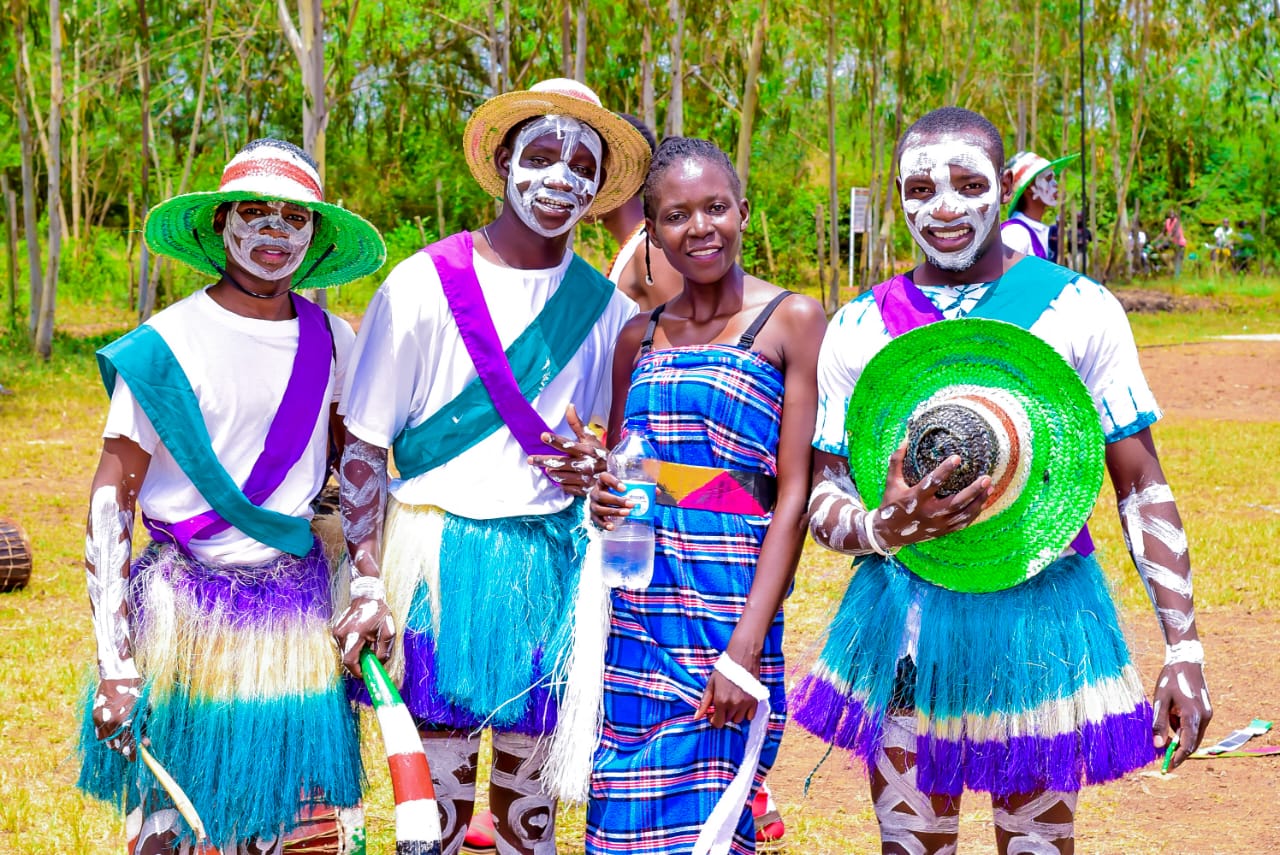
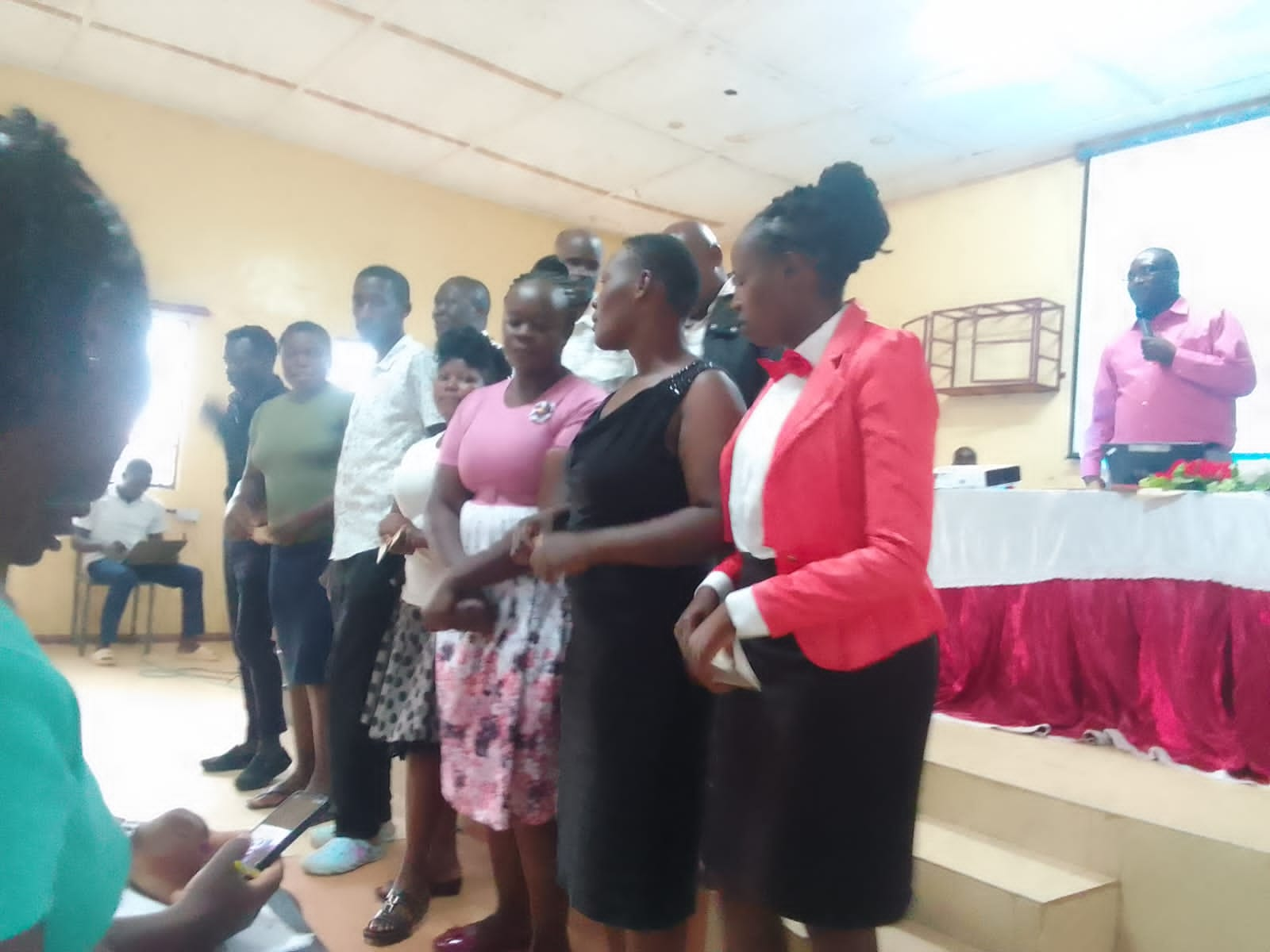
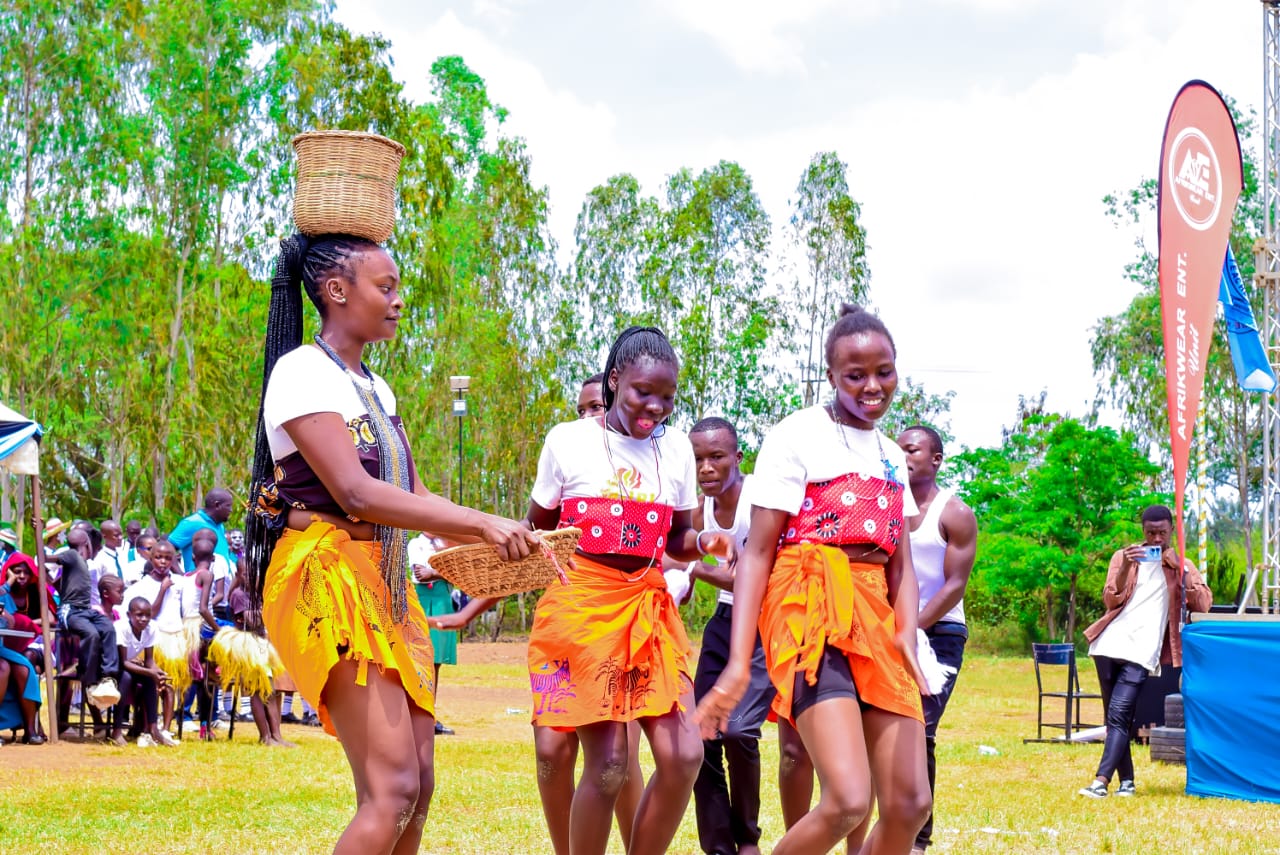
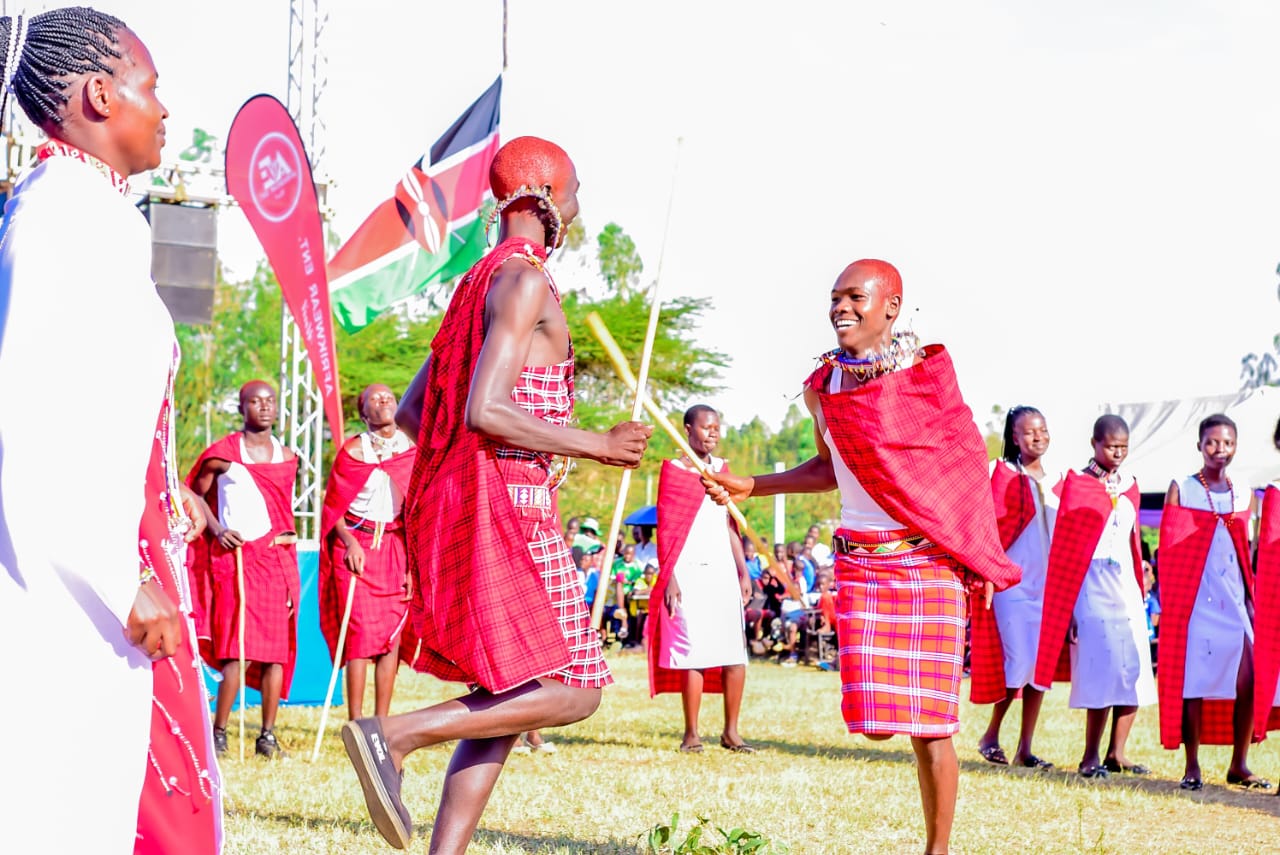
Principal
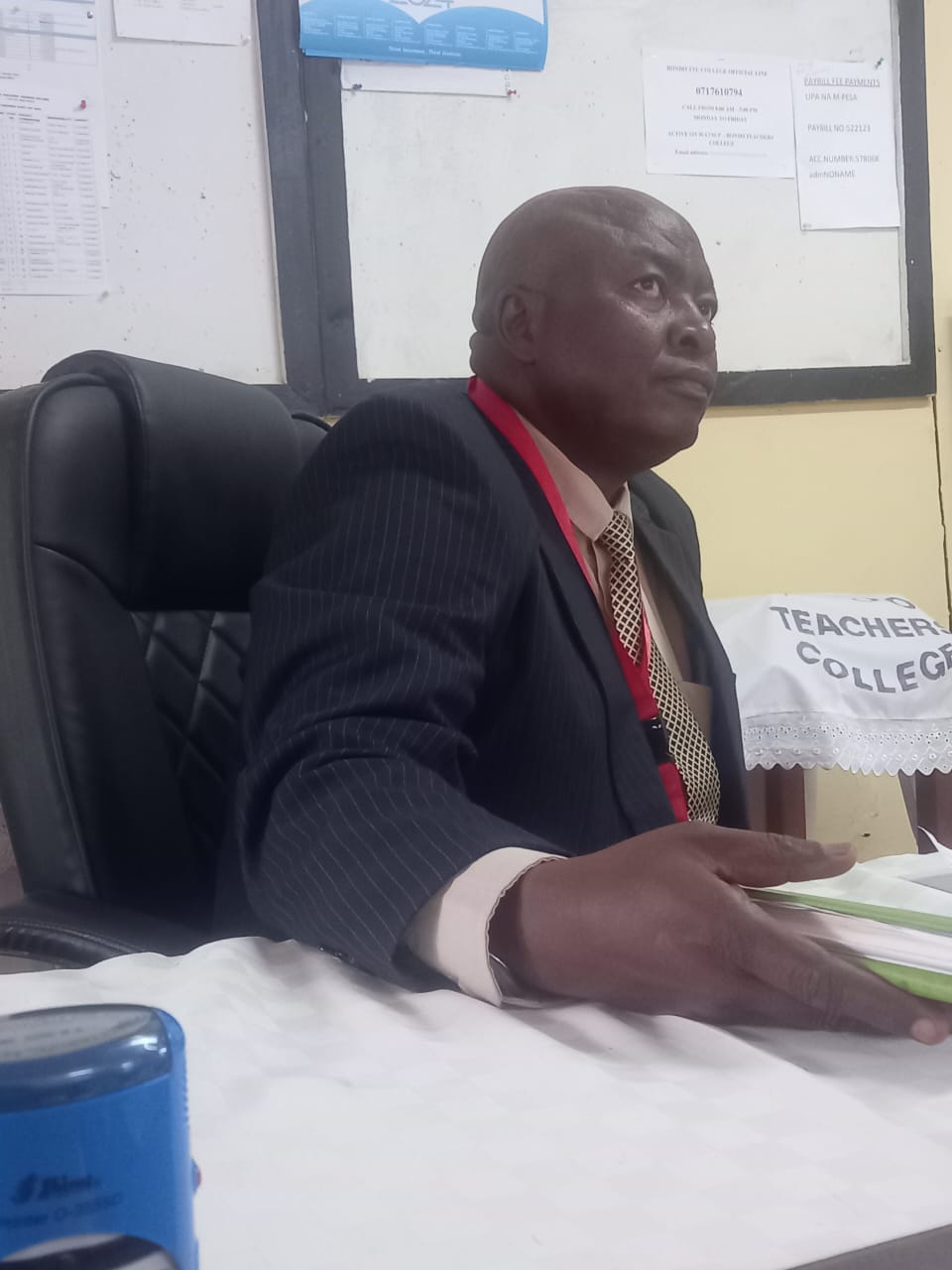
Mr. Waema Mutia
Principal
Deputy Principal
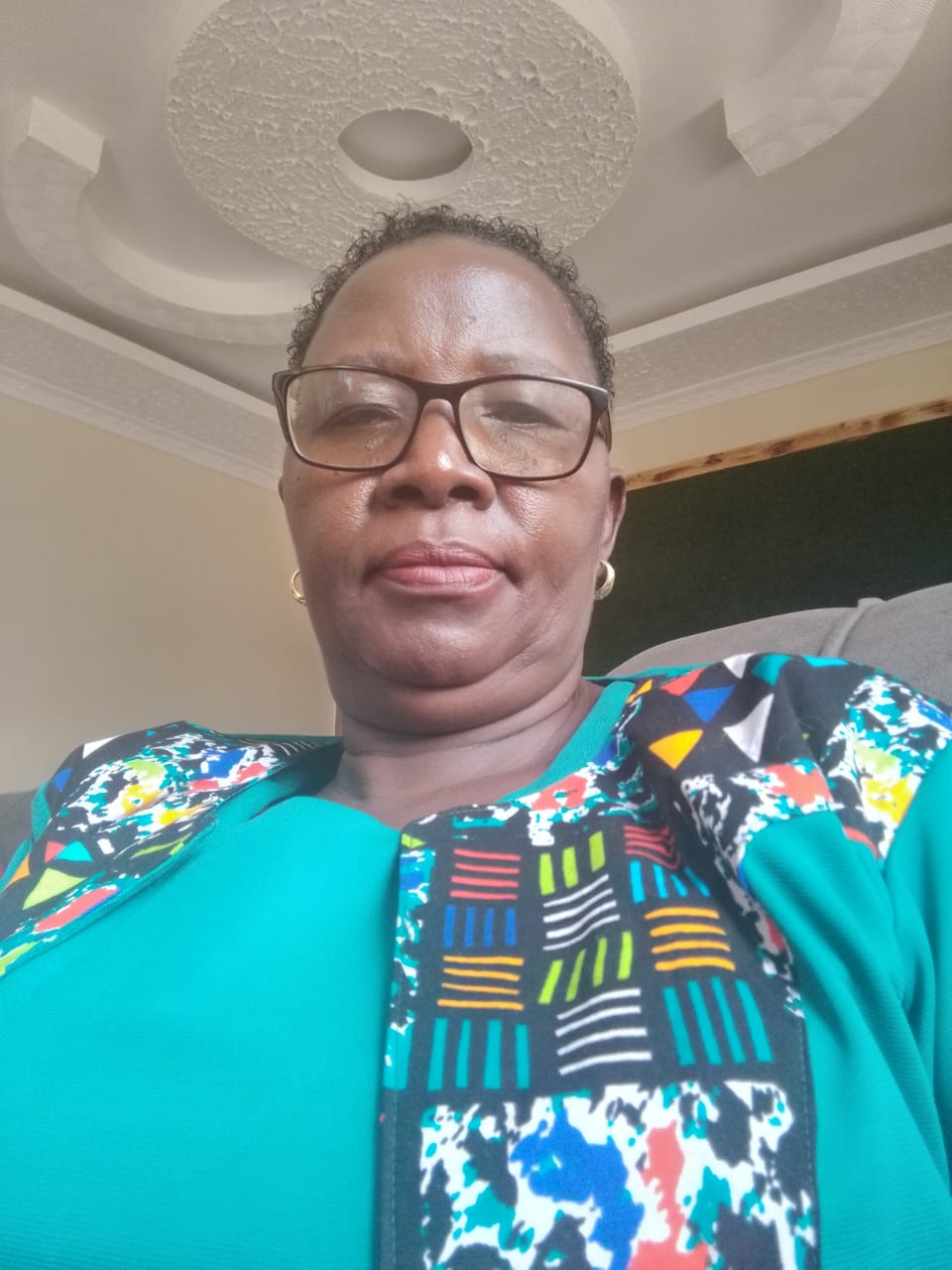
Dorcas Okoyo
Deputy Principal
Dean of Student

Alice Adhaya.
Dean Of Student
Dean of Curriculum
